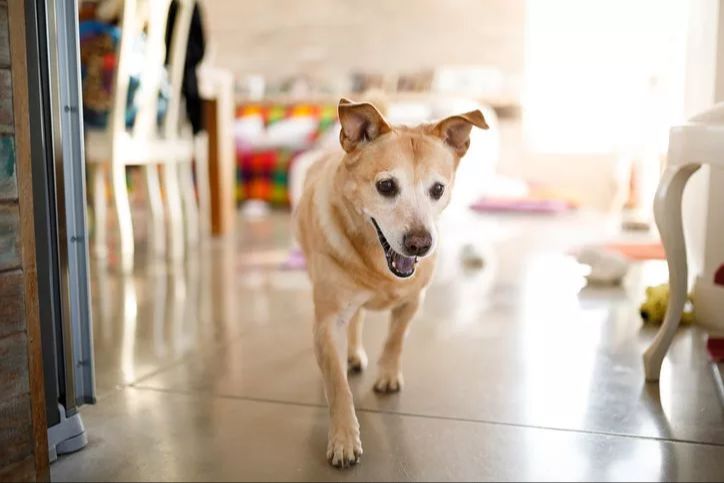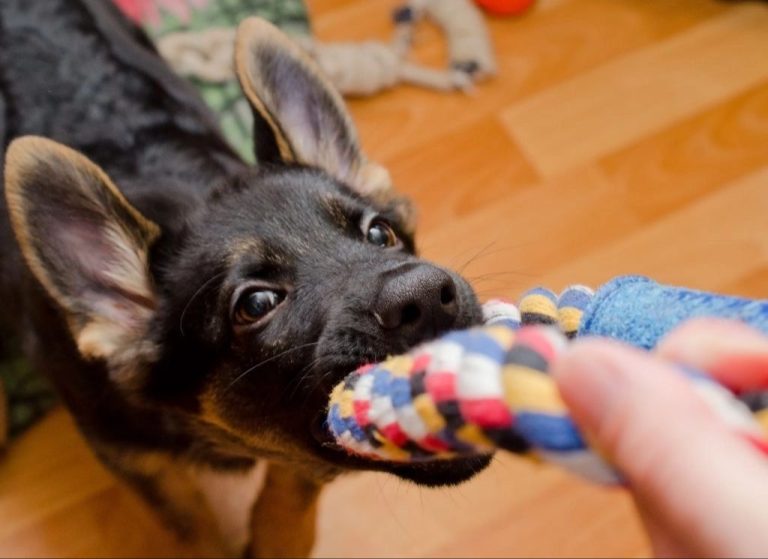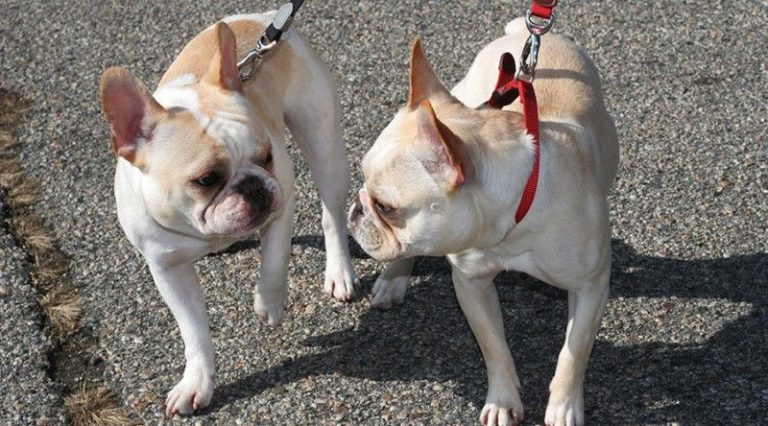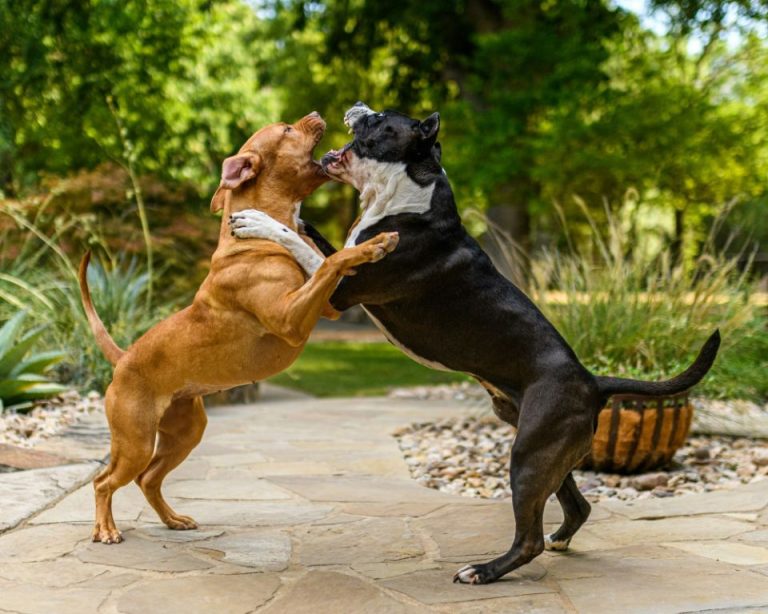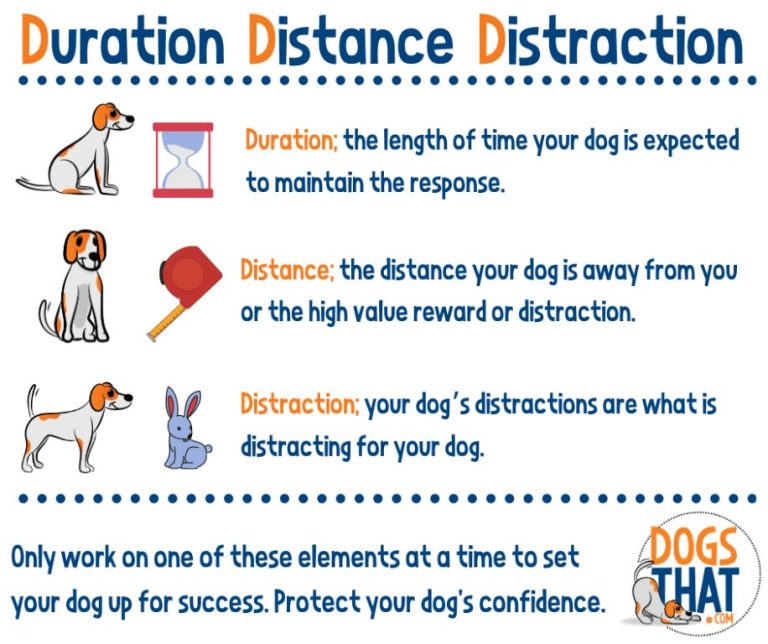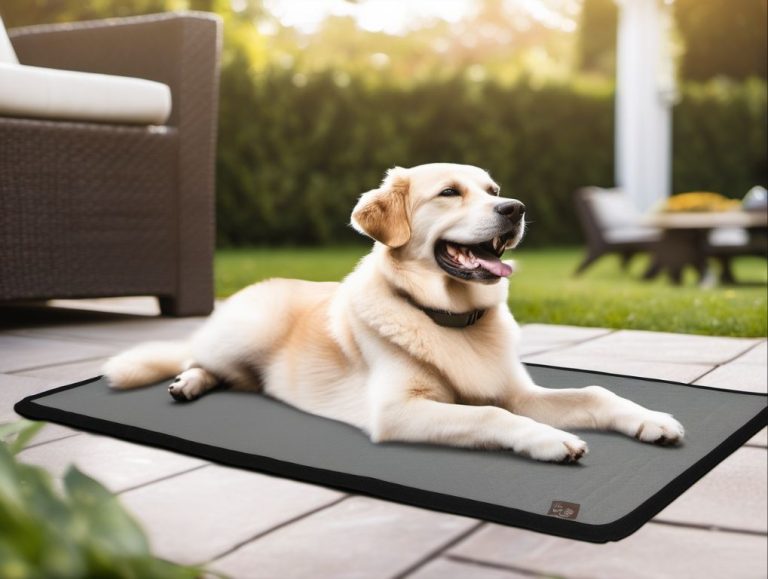Puppy Socialization 101: Building Confidence And Positive Associations
Socialization is a critical part of raising a puppy. Proper socialization during the first few months helps puppies become well-adjusted dogs by teaching them how to behave appropriately around other animals and people. Without proper socialization during the first 16 weeks, puppies can develop behavior issues such as fearfulness, anxiety, or aggression later in life.
The goal of puppy socialization is to build confidence by exposing puppies to new things and creating positive associations. By introducing your puppy to a wide variety of sights, sounds, smells, environments, and people in a controlled and positive manner, you are setting them up for success. With proper socialization, your puppy will learn how to handle new situations and interact politely, rather than reacting inappropriately due to fear or lack of previous experience.
Socialization is so important because it provides the foundation for good manners and behavior as an adult dog. Puppies that are well-socialized grow into dogs that can confidently handle new experiences, interact well with children and strangers, get along with other animals, and transition well into new environments. Skipping this critical developmental stage can lead to challenging behavior issues down the road.
What is Socialization?
Socialization refers to the process of exposing puppies to a variety of new experiences during the critical period of development. As defined by the American Veterinary Society of Animal Behavior, socialization is “controlled exposure of a dog to new and novel people, animals, places, and things”. The goal is to teach puppies proper social skills and help them build confidence in unfamiliar situations.
During the socialization period, it’s important to expose puppies to new people. This includes people of different ages, genders, races, appearances, and those with disabilities. Puppies should meet people wearing hats, uniforms, and carrying objects like umbrellas or bags. This helps minimize fear and teaches appropriate interactions.
Puppies also need exposure to new animals. Supervised introduction to adult dogs and other species like cats helps puppies learn proper play etiquette. Visiting pet stores, farms, and zoos can provide additional animal experiences.
Exposing puppies to new environments is also key. Bring them on car rides, take public transportation, and visit new places like parks, stores, and cafes. Vary walking surfaces and make everyday tasks part of socialization.
With positive, controlled exposure to novelty during this developmental stage, puppies gain the social skills and confidence needed to become well-adjusted adult dogs.
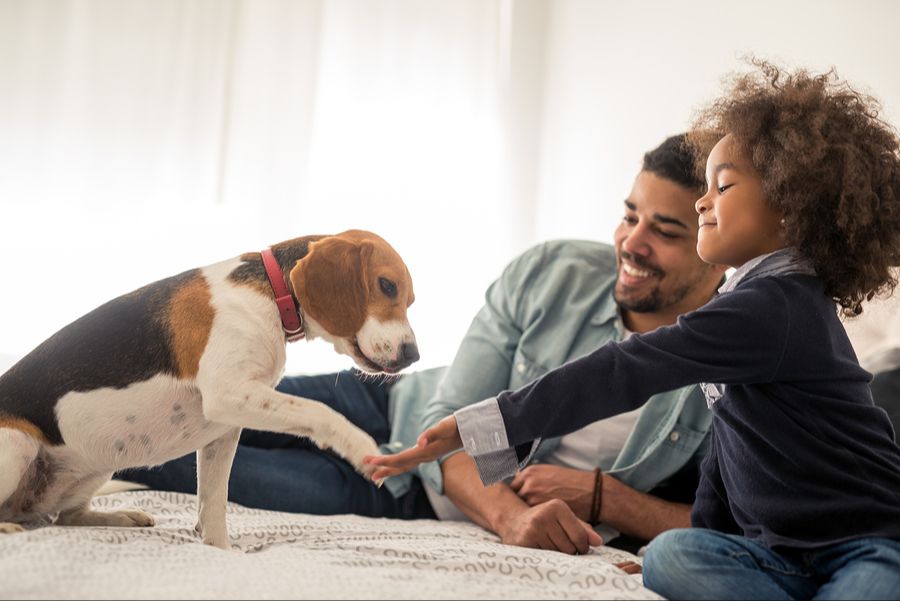
Critical Period
The critical period for socialization in puppies occurs between 3 to 12 weeks of age according to Purdue University. This time frame, especially between 3-5 weeks, is when primary socialization takes place and is instrumental in shaping adult behavior. As the AKC notes, socialization during this critical period requires creativity and is key for proper development.
The experiences a puppy has during this time will influence its behavior and reactions to people, places, and things as an adult dog. By thoughtfully socializing puppies from 3-12 weeks, owners can build confidence, curiosity, and positive associations that last a lifetime.
Socialization Checklist
A socialization checklist is important for ensuring puppies are exposed to a wide variety of experiences during the critical socialization period. According to the Louisiana SPCA, the checklist should include introducing the puppy to various people, animals, environments, and situations.
For meeting people, puppies should interact with men, women, children of all ages, people wearing hats or uniforms, and people of diverse ethnicities. Puppies should also meet friendly, vaccinated dogs and puppies, along with other animal species like cats. Exposure to common sights and sounds is also important, like loud noises, cars, bikes, and skateboards. The Ultimate Puppy provides a detailed, printable checklist covering over 100 experiences to properly socialize a puppy.
Following a complete socialization checklist ensures puppies develop confidence, trust, and positive associations during the critical developmental stage. This leads to friendlier adult dogs that are comfortable in diverse environments and when meeting new people or animals.
Training Basics
Proper training sets the foundation for a well-behaved and confident dog. The key to successful puppy training is using positive reinforcement techniques like lure training and clicker training. As the Puppy Academy explains, positive reinforcement rewards good behavior so the puppy is motivated to repeat it. This includes praise, treats, and play.
Lure training involves getting the puppy’s attention with a treat held above their nose, then moving it up and back to get them into a sit position. Once sitting, say “sit” and give the treat. Repeat this process until the puppy associates the word with the action. The same technique can be used for other commands like “down” and “stay.” Always reward the desired behavior.
Clicker training is another effective approach. The clicker produces a distinct sound to mark the exact moment the puppy does the right thing. Immediately reward with a treat after the click. This bridges the time between behavior and reward. With regular practice, the puppy connects the click with positive reinforcement.
Keep training sessions short, positive and fun for young puppies. End on a good note and build up duration gradually. Mastering these basic training techniques early on will pay off with a better behaved, more confident dog.
Fearful Behavior
Some puppies are naturally predisposed to being fearful due to genetics. However, most cases of fearful behavior are due to a lack of proper socialization during the critical weeks between 8-12 weeks old. Puppies that miss out on positive experiences with various people, places, sounds, and objects are at risk of developing fearful reactions later in life.
The best way to treat fearfulness is through counterconditioning techniques that slowly change the dog’s emotional response from fear to happiness. This is done by pairing something the dog is afraid of, such as men with beards, with something highly desirable like a treat. Over many repeated positive associations, the dog learns not to feel afraid. Patience and going slowly are key, as forcing fearful dogs into situations often makes the problem worse.
For more information see: Puppy Fear Periods: Why Is My Puppy Suddenly Afraid?
Socialization Games
Playing games is a great way to make socialization fun for puppies. Two games that are perfect for puppy socialization are Pass the Puppy and Puppy Party.
Pass the Puppy is a simple game where puppies are gently passed between different people. This gets them used to being handled by many different people. It’s important that the puppy is held securely and properly supported. Praise and treats should be given to help create positive associations. According to PuppyLeaks, this game is especially good for timid or fearful puppies.
A Puppy Party is when you invite friends over to interact with the puppy. Have guests offer treats, pet gently, and engage in play. Rotate the puppy between different people frequently. You want the puppy to associate new guests with fun and rewards. Make sure to watch the puppy for signs of fear or overstimulation. Give breaks as needed. According to The Modern Dog Trainer, puppy parties provide important socialization in a controlled setting.
Outings & New Experiences
Taking your puppy on various outings and exposing them to new experiences is key during the socialization period. Some important experiences to ensure your puppy is comfortable with include:
Car rides – Get your puppy used to riding calmly in the car by taking them on short trips to fun destinations like the park or pet store. Bring treats and toys to make it a positive experience. Make sure they are properly secured in a crate or with a seatbelt harness.
Elevators – Ride elevators up and down a few floors, allowing your puppy to explore this new space. Bring treats to reward calm behavior. Start with short elevator rides and gradually work up to longer ones.
Stairs – Walk your puppy up and down sets of stairs on leash. Let them set the pace and don’t force them. Reward with treats for confident stair use. Practice a few flights of stairs in locations like your apartment building or at a park.
Urban settings – Bring your puppy to a busy area like a downtown sidewalk or shopping center. Allow them to experience sights and sounds like traffic, crowds of people, skateboards, buses, etc. Keep the first exposure brief, providing treats and praise for calm behavior. Gradually increase the duration and complexity of urban outings.
According to How To Socialize A Puppy: Socialization Checklist, taking your puppy to new environments ensures they learn to handle a variety of settings and situations with confidence.
Health Considerations
An important health consideration when socializing puppies is waiting until they have had their full course of vaccinations before allowing them to interact with unknown dogs. Puppies receive a series of vaccinations starting at 6-8 weeks old and finishing around 16 weeks old. Vets recommend waiting until 1-2 weeks after the final round before introducing puppies to public places like dog parks, since not all dogs are vaccinated and puppies are still developing immunity (Source 1). Rushing socialization before vaccination can put puppies at risk of contracting dangerous and potentially deadly illnesses like parvovirus.
Another health precaution is administering monthly parasite prevention medication starting at 2 weeks old. Puppies can pick up internal parasites like roundworms, hookworms, and giardia from their mother’s milk as well as their environment. These parasites can cause gastrointestinal issues and also pose a risk to people, especially children. Treating with a broad-spectrum dewormer eliminates these parasites so they don’t interfere with a puppy’s growth and socialization (Source 2).
(Source 1: https://vcahospitals.com/know-your-pet/puppy-behavior-and-training—socialization-and-fear-prevention)
(Source 2: https://www.akc.org/expert-advice/training/puppy-socialization/)
Troubleshooting
During the crucial socialization period, be on the watch for aggressive or fearful behavior, as this indicates issues with socialization. Puppies may act out aggressively due to fear or overarousal. Aggressive puppy behavior includes growling, snapping, lunging, or biting when meeting dogs or people. This aggressive reaction is a red flag that your puppy needs more positive socialization experiences to build confidence.
Overarousal can also lead to problem behavior. If your puppy can’t calm down, gets wildly excited, and jumps or nips, they need help learning to regulate their energy. Set them up for success by making greetings brief and engage in calming activities afterwards, like training sessions or chew toys. If your puppy frequently acts out of control, go back to basics with socialization and use high value rewards to reinforce polite behavior. Get professional force-free training help for persistent issues.

